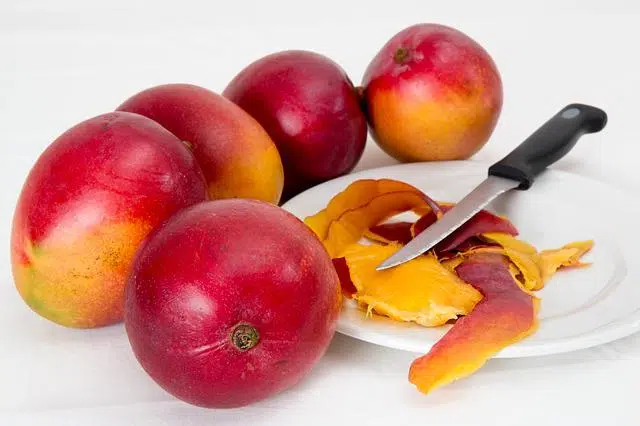
Polysemy is a characteristic of terms that have several meanings. For example: mango (the fruit and the elongated part of a tool).
The first step before beginning to analyze the meaning of the term polysemy is that we proceed to discover where its etymological origin is found. Thus, we have to know that it is found in Greek, which means that we can appreciate that this word is made up of three very clear parts: the prefix poli – which can be translated as “many”, the nucleus sema which is equivalent to “ signal or meaning” and the suffix – ia which is defined as “quality”.
Therefore, based on the translation of each of the components that make up this “triangle”, it is clear that literally polysemy can be defined as the quality of an element that has more than one meaning, that is, many.
What is polysemy
Polysemy is known as the variety of meanings that each term that is part of our vocabulary or that is attributed to linguistic signs has. The concept also refers to the multiplicity of meanings that a phrase or expression has beyond the particularities of its signs .
It should be noted that polysemy can arise for various reasons. On the one hand, figurative vocabulary produces polysemy through metaphors and metonymies . For example: the arms of a river, the legs of a table. Specialization and technical language also attribute a specific meaning to certain terms (as in the case of the mouse in computing ).
Foreign influence and application modifications are other conditions that favor polysemy: an example of this is the word button that was born with clothing and later also came to be used in electronic devices.

Rule has polysemy: it can be an instrument to draw straight lines or a standard.
Some examples
Some polysemous words are mango (which can be a fruit or the elongated part by which a tool is gripped), saw (the instrument used for cutting wood or lifting that is part of a mountain range), ruler (the instrument that allows drawing straight lines or the set of agreed rules) and organ (the musical instrument or the associated set of tissues in the anatomy).
Examples of use of words with polysemy:
“Yesterday I had a mango cake that was very delicious”
“When I went to get the hammer, I discovered that the handle was broken.”
“I don't have a handle” (a phrase used in Argentina to refer to not having money).
Phenomena linked to polysemy
In addition to the above, we must emphasize the fact that when we talk about polysemy, two other phenomena always come to mind. One of them is homonymy , which occurs when there are several words that are pronounced in the same way but have very different meanings. As an example, there would be the case of “gift” which can refer to both a quality or virtue that a person possesses and the treatment given to a specific man.
The second phenomenon is, for its part, that of synonymy . In this case, it is determined by the set of words that are pronounced differently but that share the same meaning. This would be the case, for example, of husband, husband and spouse.
